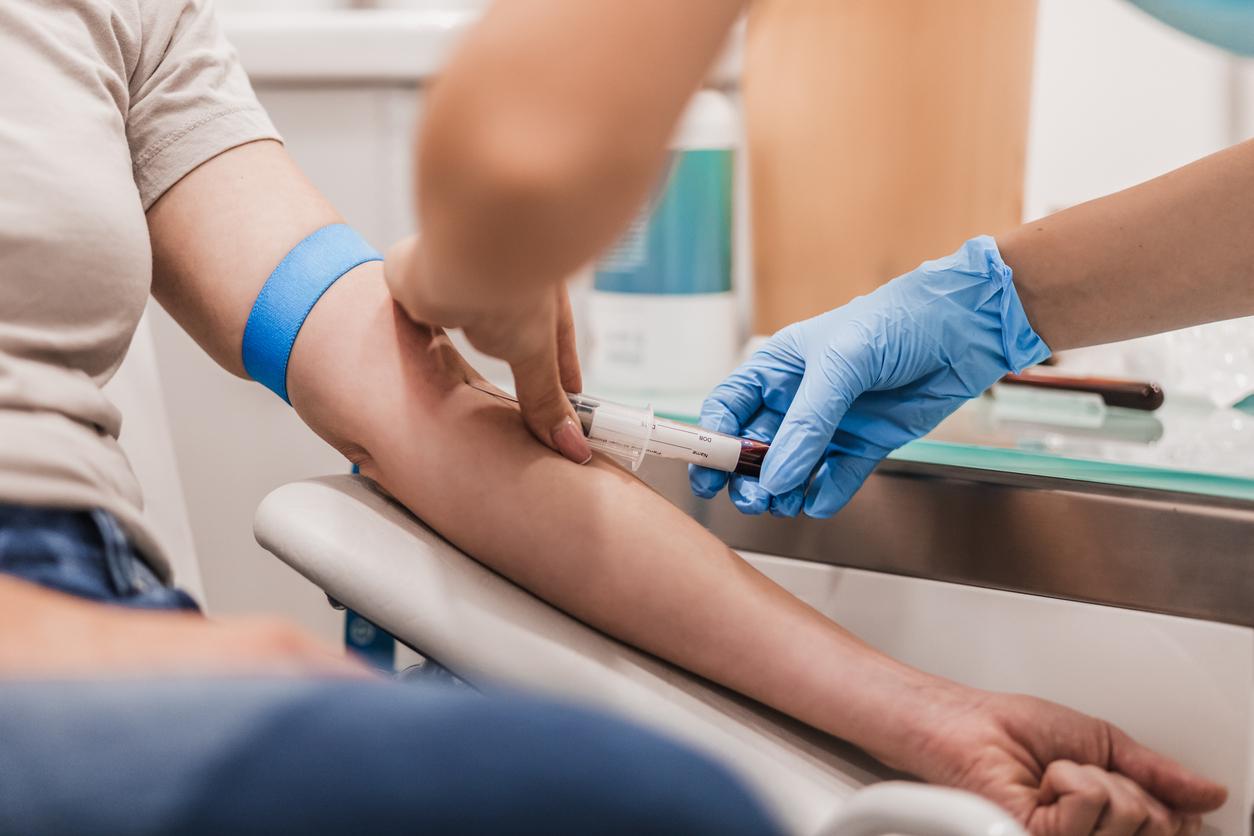What is its first operational meaning?
One of the first senses to develop is skin sensitivity. Thus, the tactile receptors are present around the mouth around 11 weeks and on the entire skin surface and mucous membranes at 20 weeks. But the presence of these local receptors does not mean that the fetus already has a sense of tact. It is also necessary that the information can be transmitted to the brain. This is what explains Carolyn Granier-Deferre, researcher at the University of Paris-Descartes. “The anatomical receptors of touch are indeed very early but their real functioning does not begin until around 6 months, which is not very different from the other senses. “
Another example with taste. The first taste buds certainly appear during the 1st trimester, between the 9th and 12th weeks according to the authors. But the sense of taste does not begin to develop until around 6 months. The sensory skills of the fetus are perfected until the last days of pregnancy and even after birth. Take hearing: it continues to improve until the child is around 2 years old.
Thus, it is only during the second trimester that most receptors are formed and that the various connections are established in the brain. In the last trimester, the senses will this time be able to fully develop.
Does he feel the pain?
It was long believed that the fetus could neither hear nor smell. It was also long assumed that he could not hurt. However, the nociceptive reflex, which consists, for example, of withdrawing one’s hand when touching a flame, is present in premature babies of 24 weeks of amenorrhea. It was even observed during amniocentesis carried out from 15 weeks of amenorrhea a withdrawal movement when the fetus was touched by the needle. Admittedly, “the fetus probably does not experience pain as a conscious human being can express it”, considers Professor Véronique Houfflin-Debarge, obstetrician gynecologist (in “Spirale” n ° 59, ed. Érès, September 2010). “But it reacts to noxious stimuli. “It will especially produce more hormones such as norepinephrine when it is punctured in the abdomen as part of an in utero transfusion. Today, Véronique Houfflin-Debarge considers it necessary to continue research on fetal pain in order to provide better relief, for example during fetal medicine procedures.
Does the fetus taste what its mother eats?
Yes, the amniotic fluid contains odors and aromas that change with the meals of the mother. “It seems obvious to me that women in South America who may be consuming chilli pepper and Provençal or French women who use more garlic will give their fetus different olfactory notes, ”comments Benoist Schall, research director at the CNRS, in the documentary“ Le Monde according to baby ”(directed by Bernard George , broadcast on Arte in 2005). The fetus will also memorize these olfactory notes to which it will have been exposed during its life in utero. This exposure in the mother’s womb to different flavors will influence her food preferences after birth.
Can he smell?
Bathing in amniotic fluid, one wonders if the fetus is able to smell odors. Well yes, olfaction does develop during intra-uterine life. “It has been shown that the olfactory capacities were present in premature infants aged only 6 months,” reports Jean-Marie Delassus in “Le Génie du fœtus” (ed. Dunod). In fact, the olfactory molecules enter into solution and are conveyed by the aqueous medium, which would promote olfaction since this sensitivity would be more intense in a liquid medium than in an air medium. “
Is it sensitive to light?
Yes, researchers have recorded accelerations in the heart rate in the fetus when a high-power lamp is lit in front of the belly.
from mom.
A sixth sense
In addition to touch, taste, smell, vision and hearing, the fetus is endowed with a sixth sense: equilibration. At the root of this sense of balance is the vestibular system located in the inner ear. It consists in particular of channels which contain a liquid. The movements of this fluid are transmitted to tiny cilia which in turn stimulate nerve cells. This is how the vestibular system helps us keep our balance and stabilize our vision. At birth, the maturation of the vestibular apparatus is already well advanced. The fetus’ sense of balance has developed under the effect of gravity, its own movements and those of its mother. It will continue to mature well after birth.


















